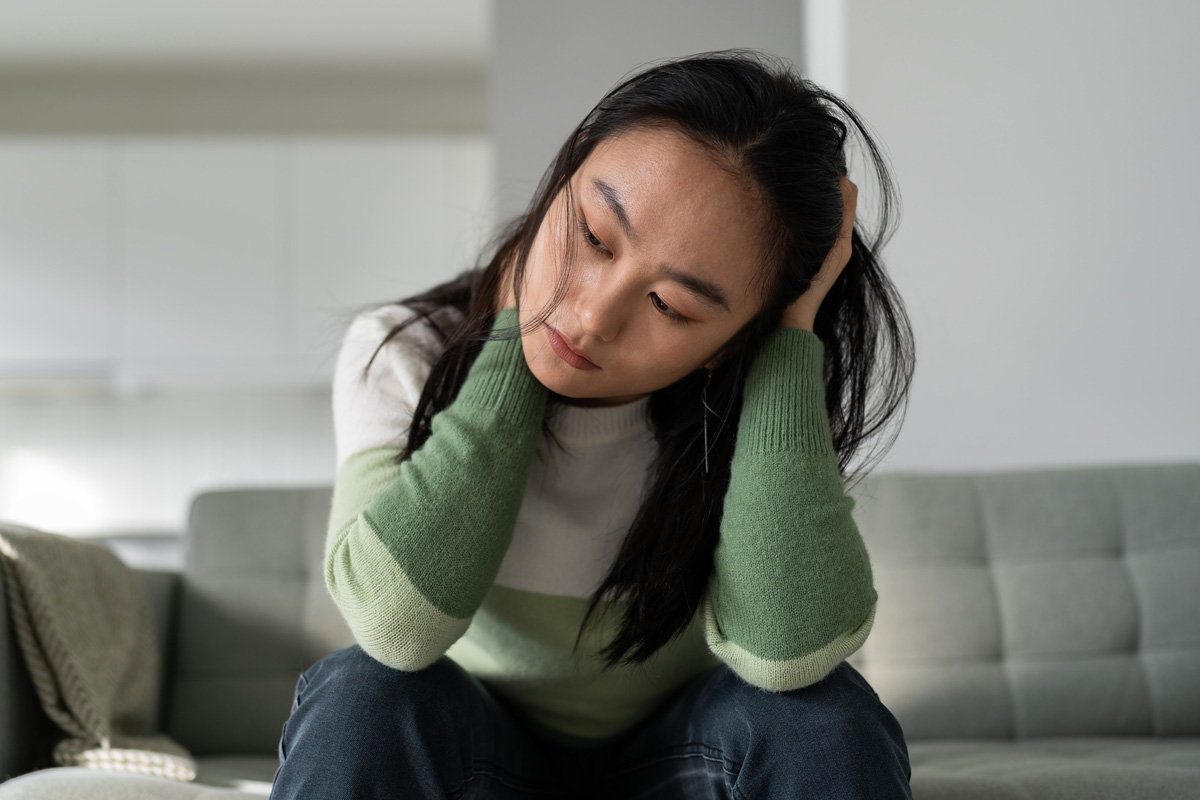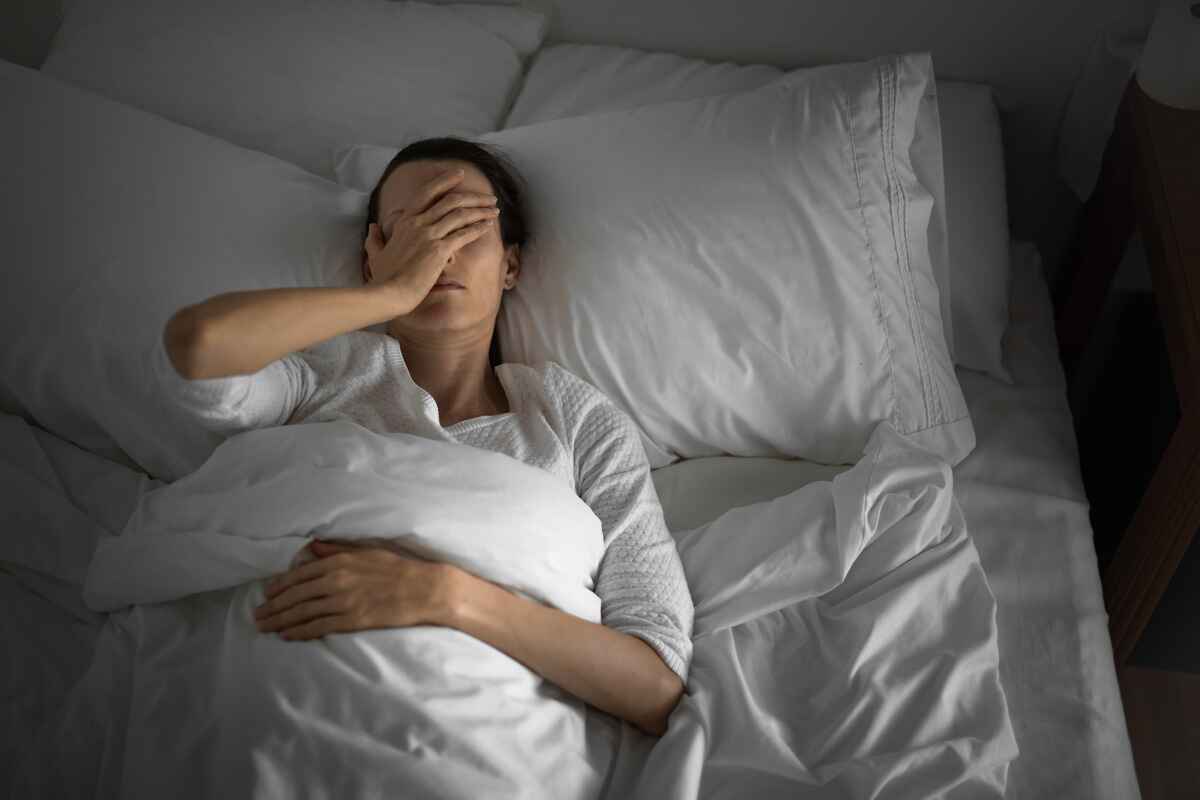Many people feel a bit down as the cold, grey days of winter linger even as the promise of spring dangles within reach. Experts agree that it’s completely normal to feel a little down after the rush of the new year, while encouraging everyone to seek help if their blues persist. Peter Morgan, MD, regional medical director, Northeast Medical Group, who practices in Bridgeport, suggests late winter is a great time for a mental health check-in.
“Sometimes it can be hard to get back into our routines after all the stresses and excitement of the holidays,” Dr. Morgan said. “That, combined with the effects of short days and colder outside temperatures make this a perfect time to look at ourselves to see if our blues are just a normal part of this time of year, or if there’s more going on.”
One of the first things Dr. Morgan suggests people look at during a mental health check-in is how much their negative feelings are impacting their actions.
“We all go through periods of sadness, but during these times we still go through our days fairly normally,” he said. “If you’re getting up and making it to work or school on time and you’ve got clean clothes on and are able to take care of your responsibilities, then you’re likely doing OK. But if those are struggles, it may be time to speak to your doctor.”
Dr. Morgan cautioned that some people may be able to go about their daily routines normally while slipping into a depression.
“That’s why we also look at how you may be sleeping or eating,” he said. “Are you getting enough sleep? Perhaps you’re eating too much or too little. All of these can point to something more serious than the post-holiday blues, especially if they last for weeks and you can’t seem to get out of your funk.”
Your first call should be to your primary care doctor if you or someone you know is experiencing these symptoms according to Dr. Morgan.
“Primary care physicians are very good at treating uncomplicated depression or anxiety and are familiar with psychiatric medicines,” he said. “They are also a referral point if you need to see a therapist.”
The one thing Dr. Morgan said people should not do is keep the problem to themselves.
“It’s OK to be sad and it’s OK to feel down and there’s no shame in asking for help,” he said. “If you’re not comfortable with speaking to your doctor yet, reach out to someone you trust like a friend or family member. The important thing to remember is that you don’t have to go through it alone. There are people here who want to help.”
If you would like to speak to a doctor, visit NortheastMedicalGroup.org to make an appointment.




